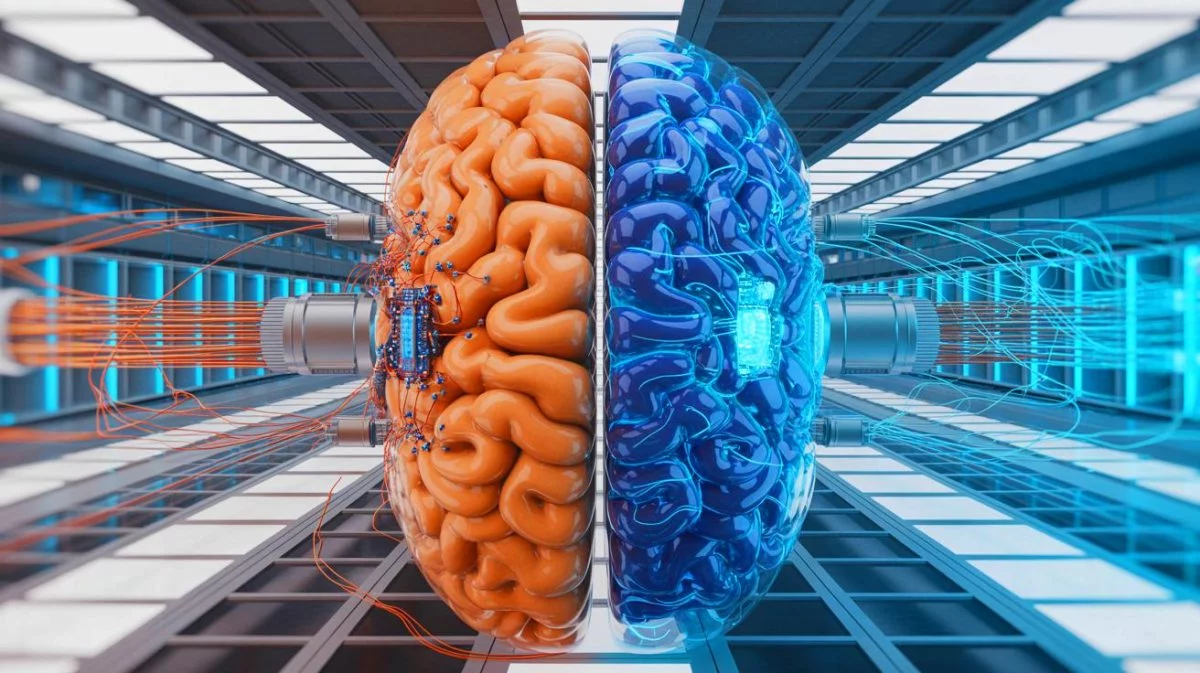| IN A NUTSHELL |
|
Recent advancements in artificial intelligence (AI) have sparked widespread interest and debate in the global scientific community. Researchers in China have made significant progress in developing large language models (LLMs) that can mimic human cognitive processes. These models have demonstrated an ability to understand and organize natural objects in ways previously thought to be unique to human cognition. This breakthrough, published in the journal Nature Machine Intelligence, has the potential to redefine our understanding of AI’s cognitive capabilities and open new avenues for its application across various fields.
LLMs: A Cornerstone of Human-Like Cognition
Large language models, or LLMs, are AI systems trained on vast amounts of textual data. In some cases, these models also incorporate visual and auditory data, qualifying them as multimodal language models (MLLMs). The primary function of these models is to autonomously analyze and generate text, allowing them to perform a wide range of tasks. Chinese researchers have revealed that these systems can spontaneously develop representations of natural objects, a fundamental aspect of human cognition.
The ability of LLMs to categorize and organize data in a manner akin to the human mind raises intriguing questions about the nature of artificial intelligence. By understanding how these models can emulate human thought patterns, we could enhance human-machine interfaces and create more intuitive AI systems. The implications are profound, potentially revolutionizing the way machines interact with their environments and with humanity.
A Renewed Debate on AI’s Cognitive Capacities
The revelation that LLMs can develop human-like understanding systems reignites the debate over AI’s cognitive capacities. Traditionally, true understanding and cognition have been considered exclusive to the human mind. However, this new evidence suggests that artificial systems capable of mirroring key aspects of human thought are not only feasible but already in development.
This discovery could transform our approach to designing intelligent systems by prioritizing the imitation of human cognitive processes. It also has ethical implications, influencing discussions about AI’s role in society, particularly concerning the responsibility and autonomy of intelligent systems. This advancement may mark a turning point in our understanding of intelligence, whether machine or human.
Understanding Human Conceptualization Through AI
The research highlights the significance of understanding how humans conceptualize and categorize natural objects, a process crucial to perception and cognition. LLMs appear capable of replicating this process. By analyzing how these AI models organize information, we could gain valuable insights into the workings of the human mind itself.
This study paves the way for applications in fields such as cognitive psychology, neuroscience, and educational technology development. Using AI to simulate human cognitive processes could not only enhance technological systems but also deepen our understanding of the mechanisms underlying human thought. This could lead to advancements in treating cognitive disorders and developing more effective learning methods.
Future Prospects and Societal Implications
As researchers continue to explore the capabilities of LLMs, the technology’s implications are being felt across various sectors. The ability of LLMs to imitate aspects of human cognition could transform technology and our perception of human intelligence. Practical applications may include more efficient virtual assistants, adaptive learning tools, and advanced information management systems.
On a societal level, this advancement raises critical questions. As AI becomes more akin to human intelligence, where should we draw the line between machines and humans? How should we address the ethical issues related to the autonomy and responsibility of intelligent systems? These developments prompt us to consider the role of AI in society and how we can integrate these technologies ethically and responsibly.
The discovery made by Chinese researchers marks a significant milestone in our exploration of artificial intelligence and its ability to replicate aspects of human cognition. As these systems continue to evolve, what new frontiers will they cross, and how will this redefine our understanding of intelligence?
Did you like it? 4.4/5 (23)







Is this the beginning of Skynet? 🤖
Fascinating read! Thank you for shedding light on this topic.
Should we be worried about AI taking over human jobs? 😟
I wonder how this will impact the education sector. Any thoughts?
Great, now my toaster will outsmart me… again. 🍞
Does this mean machines can have emotions too?
Finally, a worthy opponent for my chess skills! ♟️